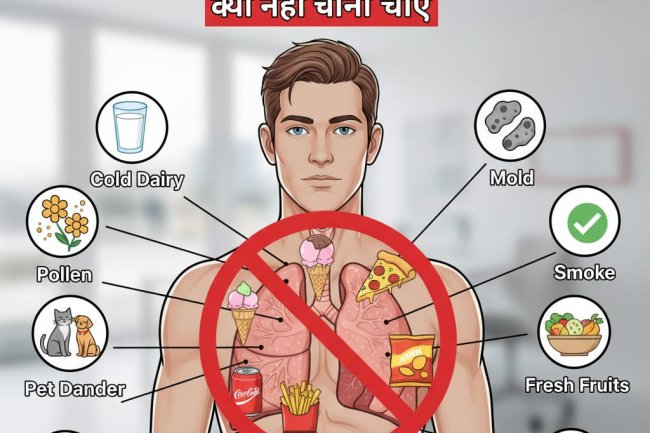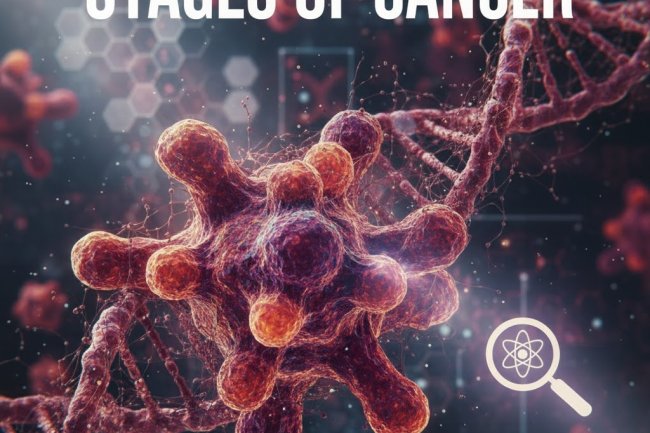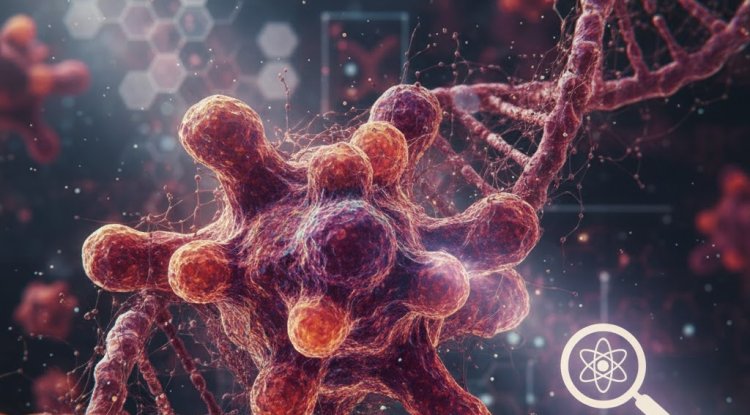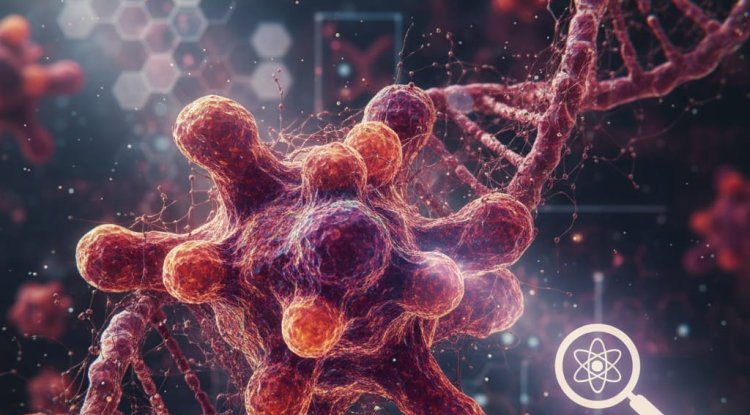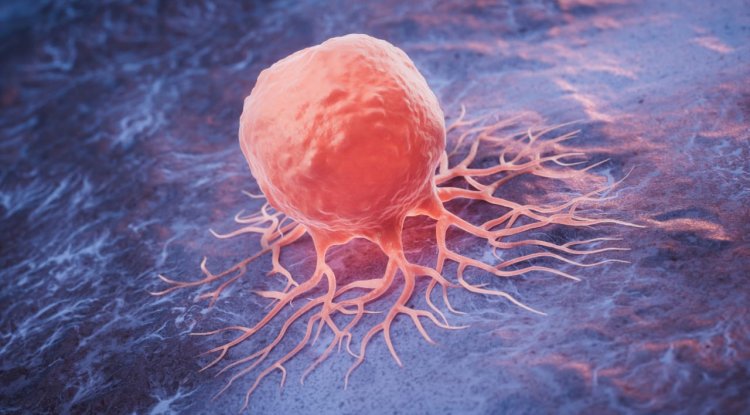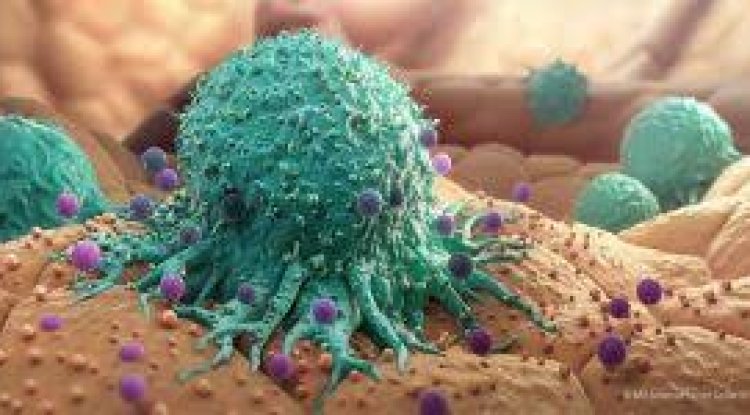what is blood sugar?
What is Blood Sugar? Blood sugar, also called blood glucose, is the amount of glucose (a type of sugar) present in your blood. Glucose is the main source of energy for your body and brain. Your body gets glucose from the food you eat, especially carbohydrates like rice, bread, fruits, and sweets.
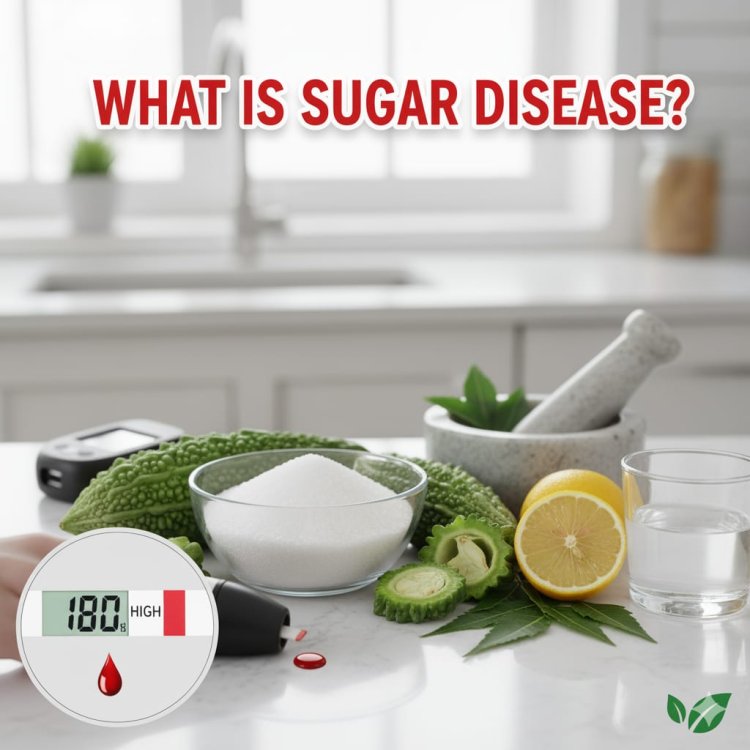
Normal Blood Sugar Levels
Blood sugar levels change during the day depending on when you eat. Normal ranges are:
| Test Type | Normal Range |
|---|---|
| Fasting (no food for 8 hours) | 70–99 mg/dL (3.9–5.5 mmol/L) |
| After meals (2 hours) | Less than 140 mg/dL (7.8 mmol/L) |
| HbA1c (average 2–3 months) | Less than 5.7% |
mg/dL = milligrams of glucose per deciliter of blood
mmol/L = millimoles of glucose per liter of blood
High Blood Sugar (Hyperglycemia)
-
Happens when blood sugar is too high.
-
Common in diabetes.
-
Symptoms:
-
Frequent urination
-
Increased thirst
-
Fatigue
-
Blurred vision
-
Slow healing of wounds
-
Low Blood Sugar (Hypoglycemia)
-
Happens when blood sugar is too low (below 70 mg/dL).
-
Can occur if you skip meals, exercise too much, or take too much diabetes medicine.
-
Symptoms:
-
Shaking or sweating
-
Hunger
-
Weakness or dizziness
-
Confusion
-
How Blood Sugar is Controlled
-
Insulin: A hormone from the pancreas that lowers blood sugar by moving glucose into cells.
-
Glucagon: Another hormone that raises blood sugar when it gets too low.
-
Diet & Exercise: Eating balanced meals and staying active help maintain healthy blood sugar levels.
What's Your Reaction?









